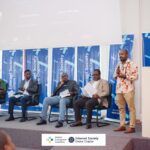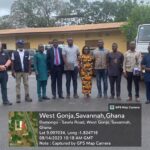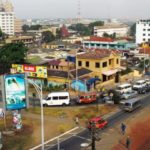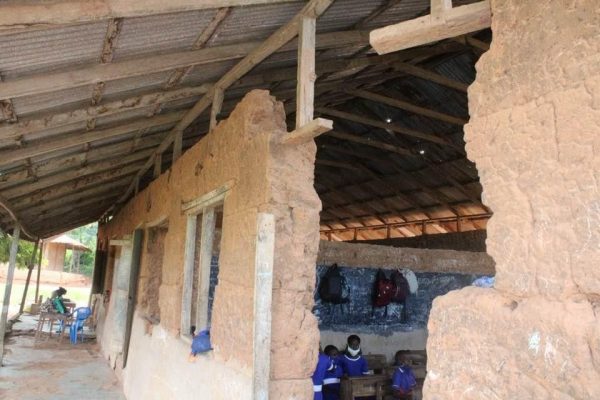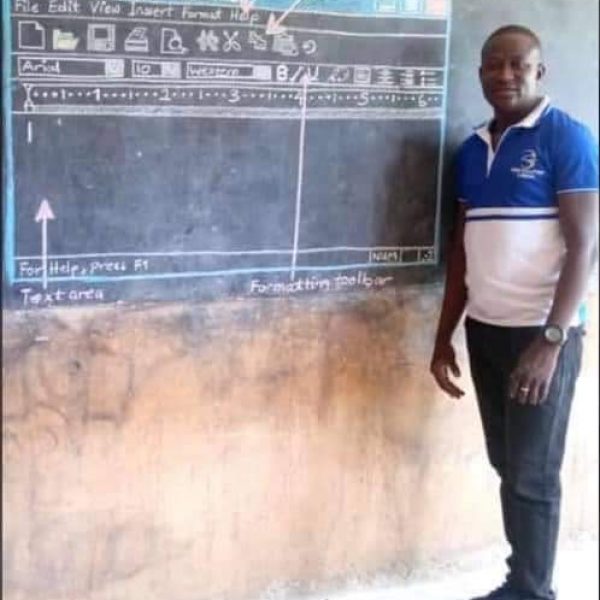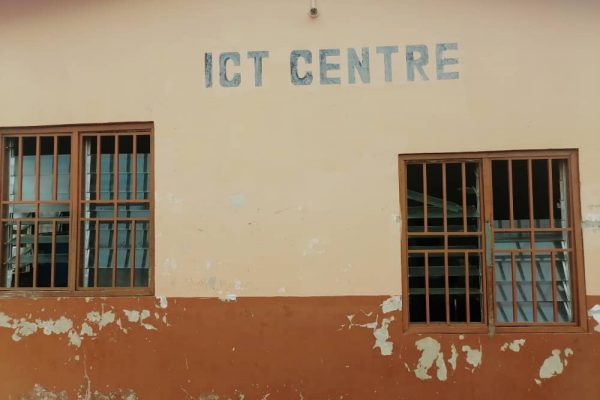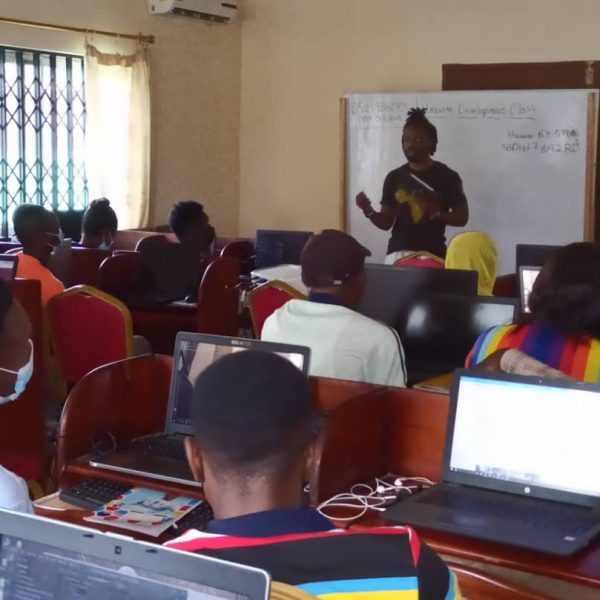Globalization, the advent of information management and the growth of the use of the internet as well as global communication networks are making information technology a major change tool in our world today. Over the years, computers have become a household essential, especially among youth.
Computing is the predominant technology of this age. Computers are at the heart of modern organizations – banks, factories, communications companies, transportation systems, and the military – and transactions with computers are part of daily life. Decisions about how computers should – and should not – be used will be made increasingly by people who are graduates of an educational system that incorporates “computer literacy” as a fundamental component. The wisdom of these decisions will depend largely on the quality of that education.
Over the past few years, many nations in Africa have been trying to make remarkable achievements in socio-economic development through the integration of Information and Communication Technology (ICT) in their respective national development policies. Ghana is no exception and is committed to ensuring countrywide ICT and Internet accessibility to all of its citizens, regardless of their disabilities.
Ghana is also transforming into an information-based society, where value is based on the ability to create, distribute and utilize information. Obviously, success in such a society requires education and computer literacy. It will be nearly impossible to complete an education, let alone find and maintain employment without Information Communication Technology (ICT) and computer skills.
Accordingly, Information and Communication Technology accessibility is vital and necessary to everyone.
Problem Statement
Despite the common use of computers, there still exists a gap between what is expected and what is required when it comes to proficiency in computer skills among students in Ghana. This can be attributed to a lack of facilities and practical capacity building in some of our schools.
Hence, necessitating a solid background in the basics of Computer literacy. This situation calls for the development of a program geared towards equipping the youth with elementary use of computers to enable them to acquire basic computer knowledge. It is against this background that the Internet Society Ghana is embarking on this Internet Literacy Project. This project is being proposed to develop a computer center in some identified schools to equip students with practical basic computer knowledge, as well as improve their computer competencies to enable them to adapt to the fast changing information society.
